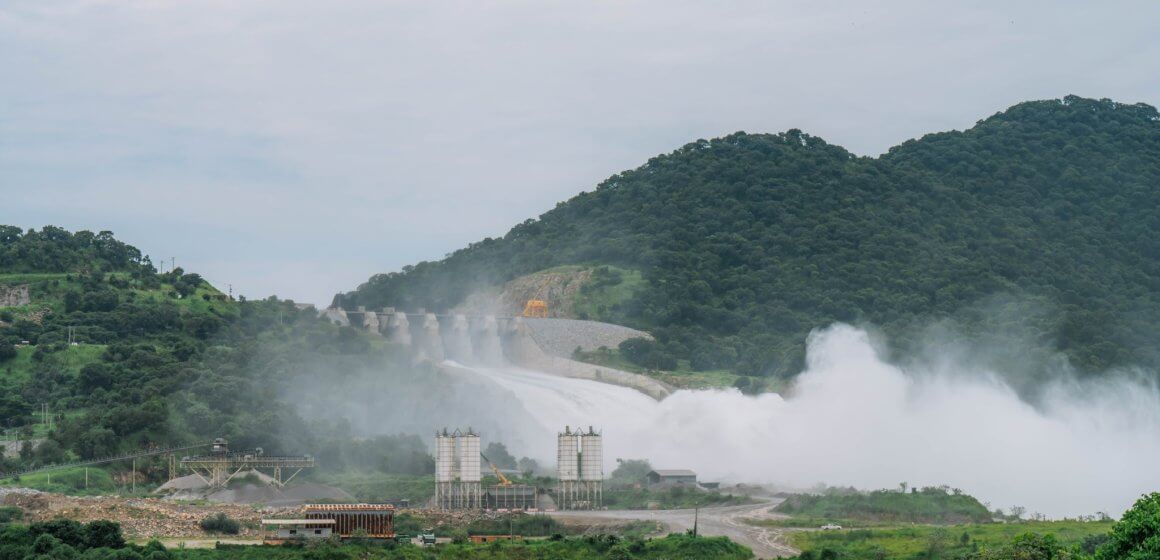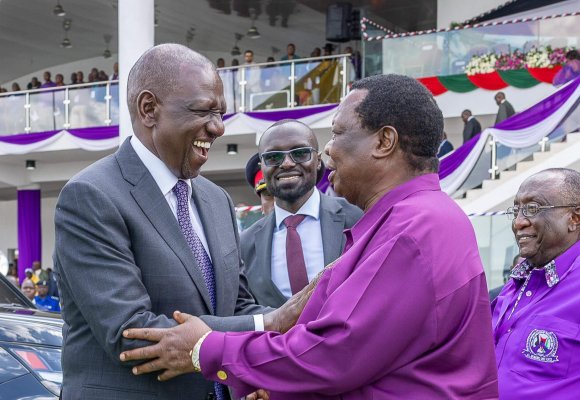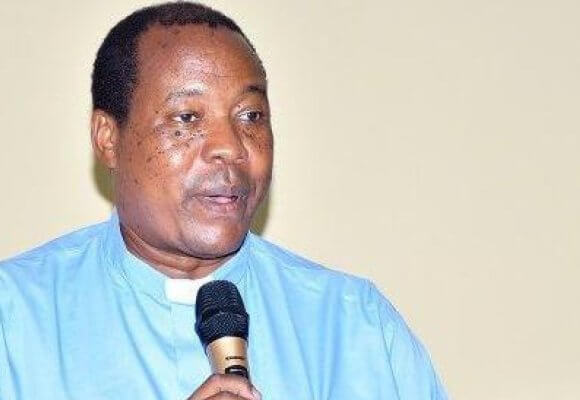|
LISTEN TO THIS THE AFRICANA VOICE ARTICLE NOW
Getting your Trinity Audio player ready...
|
Tensions are escalating between Ethiopia and Egypt over a massive dam that Ethiopia is building on the River Nile. Ethiopia has called on Egypt to abandon what it describes as an “aggressive approach” toward the project.
The conflict revolves around the Grand Ethiopian Renaissance Dam (GERD), which Ethiopia began constructing in 2011 on the Blue Nile—a river that supplies about 85% of the Nile’s water. Ethiopia views the dam as a crucial part of its development plans, aiming to provide electricity to millions of its citizens.
Egypt, however, relies almost entirely on the Nile for its water needs and fears that the dam will significantly reduce the river’s flow. Last week, Egypt sent a letter to the United Nations Security Council accusing Ethiopia of violating international law by filling the dam without an agreement with downstream countries like Egypt and Sudan.
In response, Ethiopia sent its own letter to the Security Council, rejecting what it called a series of “unfounded allegations” from Egypt. Ethiopia argues that Egypt wants to maintain a self-claimed monopoly over the Nile’s waters.
The dispute has deepened regional tensions. On September 10, Ethiopian Prime Minister Abiy Ahmed posted on social media platform X (formerly Twitter): “We are working today to make tomorrow better.” He highlighted projects like the dam, infrastructure development, and institutional building as efforts to improve the country’s future.
Meanwhile, Egypt has been strengthening military ties with Somalia, Ethiopia’s neighbor to the east. Relations between Ethiopia and Somalia have soured after Ethiopia signed a deal with Somaliland—a region that Somalia considers part of its territory—for access to the sea and potential use of the coastline for a naval base. Somalia condemned the agreement as an act of aggression.
Over the recent weekend, Prime Minister Abiy warned that anyone attempting to attack Ethiopia “from near or far” would be repelled, though he did not specify any country by name.
The longstanding dispute over the dam has seen multiple failed diplomatic efforts to reach a binding agreement. Egypt and Sudan have expressed concerns about their essential water supplies, especially during periods of drought. They seek a legally binding deal on the dam’s operation and filling schedule, but negotiations have repeatedly stalled, with each side blaming the other for the impasse.
The international community has shown concern over the potential for the dispute to affect regional stability in the Horn of Africa.











LEAVE A COMMENT
You must be logged in to post a comment.